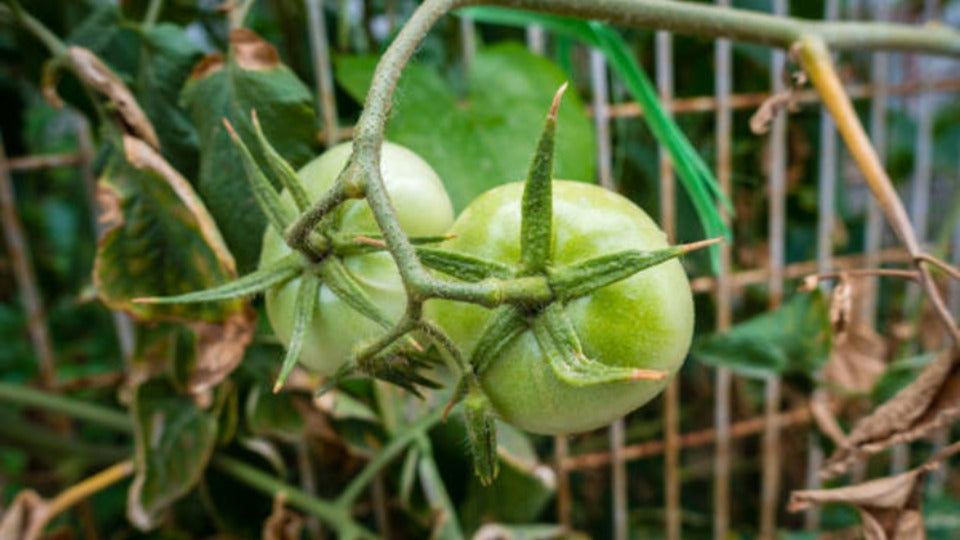
St. Patrick's Day is a time of celebration, and with the "St. Patrick's Day: Go Green" promotion, it becomes an ideal occasion to explore the deeper meaning of "going green." This initiative isn't just about donning green attire; it's a call to integrate the essence of green into our lives through the power of superfoods and sustainable living habits. As we delve into these aspects, we uncover the immense benefits they offer not only to our health but also to the planet.
Superfoods: A Gateway to Healthier Living
Superfoods have captured the attention of health enthusiasts worldwide for good reasons. These nutrient-dense foods, such as berries, nuts, seeds, and leafy greens, are rich in vitamins, minerals, and antioxidants, offering numerous health benefits. Consuming superfoods can enhance heart health, improve energy levels, reduce inflammation, and support a healthy immune system. However, the benefits extend beyond personal health. By choosing superfoods, we also make an environmental statement. Many superfoods, like quinoa and chia seeds, are sustainable crops that require less water and land to grow, reducing the strain on our planet's resources. Incorporating these foods into our diet is a step towards a more sustainable and health-focused lifestyle, showcasing our commitment to not just personal well-being but also to the health of our environment.
Reducing Carbon Footprint Through Diet
The food choices we make have a profound impact on our carbon footprint. A plant-based diet, rich in superfoods, is one of the most effective ways to reduce our environmental impact. Livestock farming is a major contributor to greenhouse gas emissions, deforestation, and water usage. By opting for plant-based superfoods, we can significantly lower these impacts. Foods like lentils, beans, and tofu are not only excellent sources of protein but also much more environmentally friendly compared to meat. Transitioning towards a diet that emphasizes fruits, vegetables, and grains can cut down our carbon emissions and conserve precious resources, all while providing our bodies with the nutrients needed for optimal health.
Eco-Friendly Packaging and Zero Waste
The move towards eco-friendly living also involves a critical look at how our food is packaged. Superfoods, when chosen wisely, can contribute to a zero-waste lifestyle. Opting for bulk purchases, using reusable bags, and selecting products with minimal or biodegradable packaging can drastically reduce our plastic waste. This approach not only conserves resources but also addresses the global issue of plastic pollution, which threatens marine life and ecosystems. Embracing a lifestyle that minimizes waste not only benefits the environment but also promotes a cleaner, healthier planet for future generations.
The Impact of Organic Farming
Organic farming is at the heart of eco-friendly living. This method of agriculture avoids or significantly reduces the use of synthetic pesticides and fertilizers, which can be harmful to both the environment and human health. By choosing organic superfoods, we support farming practices that maintain soil health, conserve water, and protect biodiversity. Organic farms also tend to produce more nutrient-dense food, offering better health benefits than their conventionally grown counterparts. Supporting organic agriculture is a powerful way to promote environmental sustainability and ensure the production of high-quality, nutritious foods.
Sustainable Living: Beyond the Plate
Embracing a green lifestyle encompasses more than just our dietary choices. Sustainable living involves making conscious decisions in every aspect of our lives, from conserving energy in our homes to reducing water usage and selecting eco-friendly products. Small changes, like using energy-efficient appliances, fixing leaks, and recycling, can have a significant impact over time. Sustainable living also means choosing active transportation or public transit over cars, which reduces air pollution and greenhouse gas emissions. These practices not only contribute to a healthier planet but also foster a sense of responsibility and connection to the environment.
The Power of Community Gardens
Community gardens are a testament to the power of collective action in promoting sustainability and access to nutritious foods. These green spaces offer a place for individuals to grow their superfoods, such as fruits, vegetables, and herbs, reducing the need for packaged and processed foods. Community gardens also serve as important educational tools, teaching people about sustainable farming practices and the importance of local food systems. They foster a sense of community, bringing people together to share in the joy of gardening and the benefits of fresh, locally-grown produce.
Mindful Consumption and its Benefits
Mindful consumption is about making choices that reflect a commitment to sustainability and ethical practices. It involves being aware of the environmental and social impact of our purchases, from the food we eat to the clothes we wear. Choosing products that are sustainably sourced, ethically produced, and made from eco-friendly materials can significantly reduce our ecological footprint. Mindful consumption encourages us to consider the long-term effects of our actions on the planet and to prioritize products and practices that contribute to a sustainable future.
Taking Action: Small Steps Towards a Greener Tomorrow
Every individual has the power to make a difference in the health of our planet. Starting with small, achievable steps like incorporating more superfoods into our diet, reducing waste, and conserving energy, we can collectively make a significant impact. This St. Patrick's Day, let's embrace the spirit of going green by making choices that benefit our health and the environment. Together, we can work towards a greener, more sustainable future, celebrating the beauty and bounty of our planet with every action we take.


















Comments (0)
There are no comments for this article. Be the first one to leave a message!